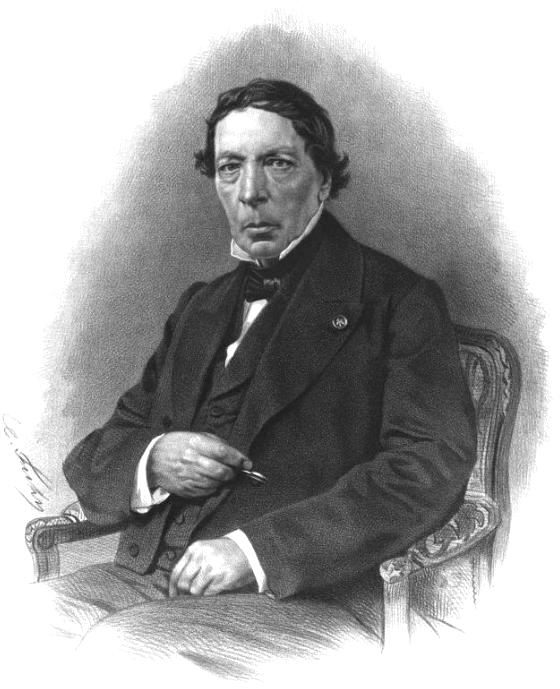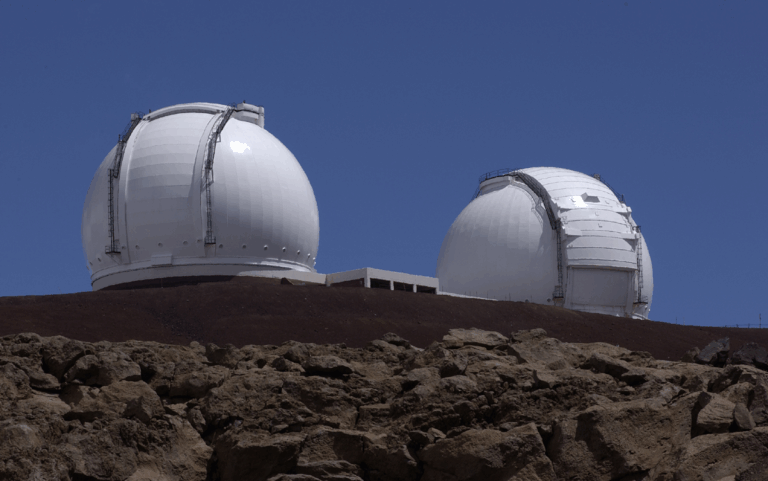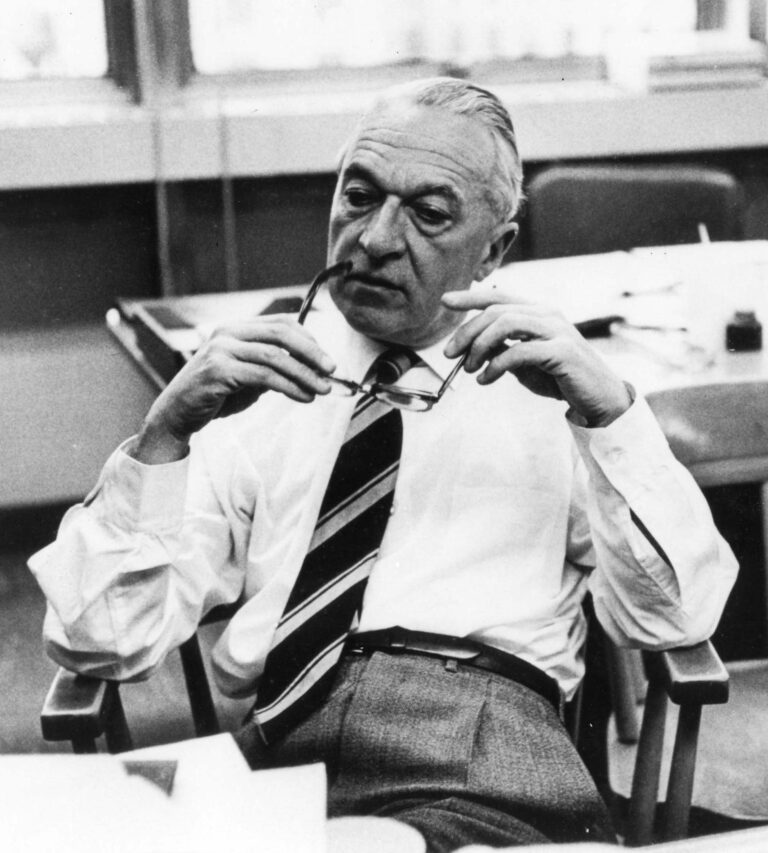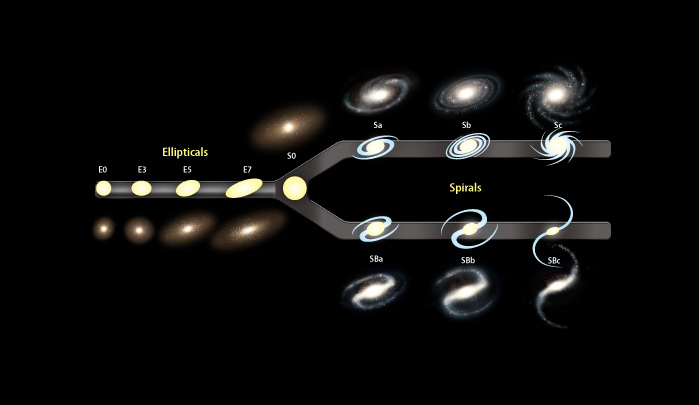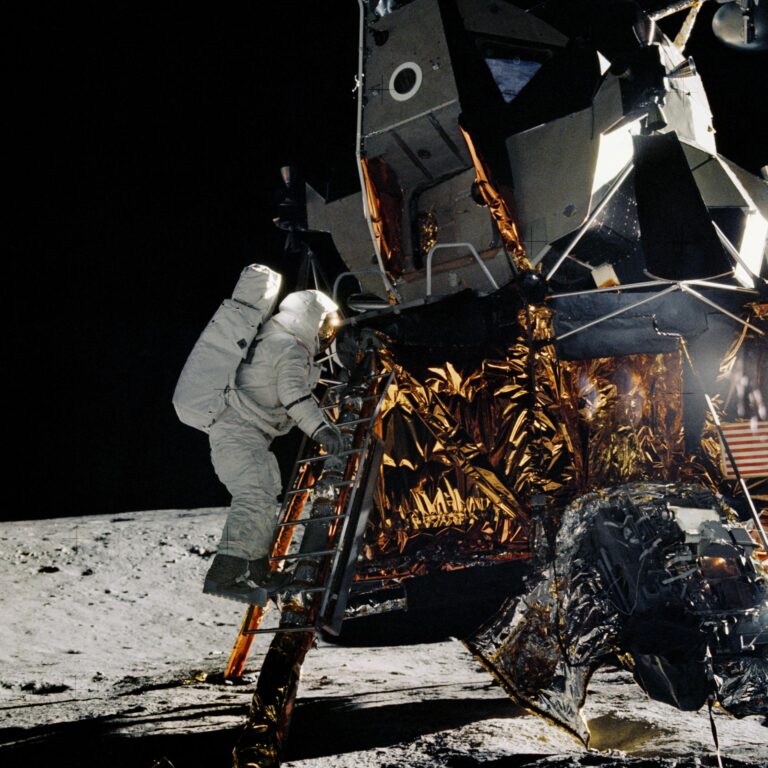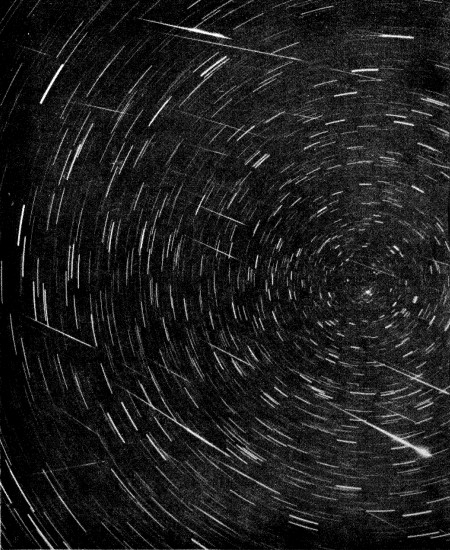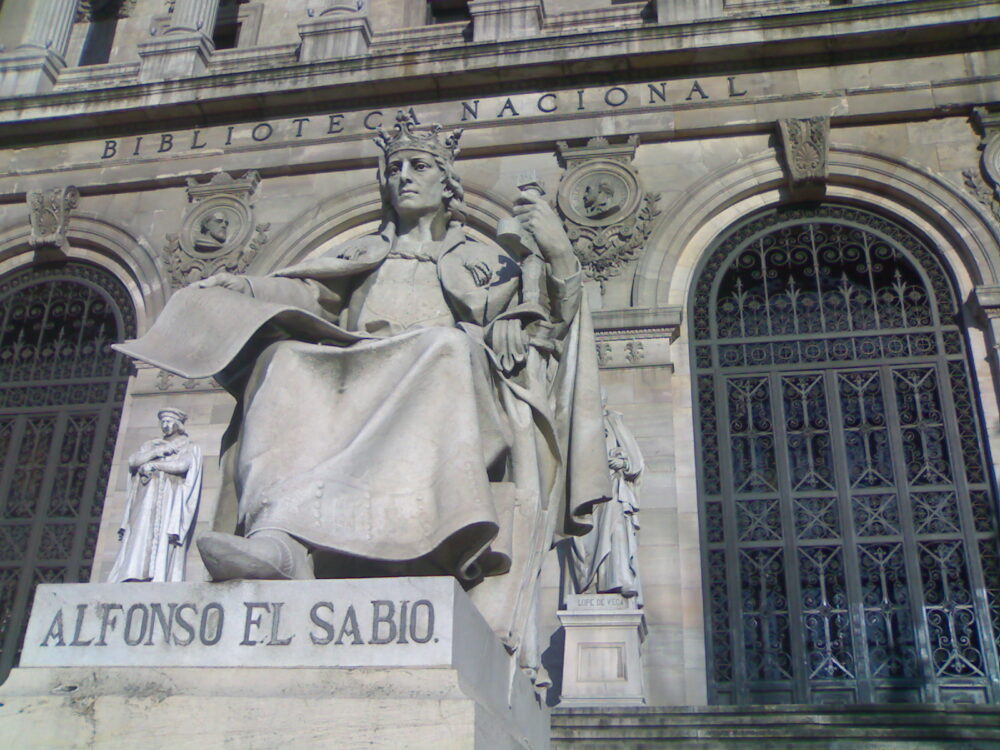
Key Takeaways:
- King Alfonso X "the Wise" (b. 1221) was a noted scholar who pioneered the translation of Arabic and Andalusian astronomical works into vernacular Castilian.
- His multicultural court was active in authoring scholarly works, engineering scientific instruments, and compiling a comprehensive library on astrology and astronomy.
- Alfonso X commissioned the *Alphonsine Tables*, an astronomical compilation integrating Arabic sources with new observations facilitated by purpose-built instruments.
- These Tables, which detailed stellar and planetary positions, served as the standard for European astronomy throughout the late medieval and early Renaissance periods.
On Nov. 23, 1221, Alfonso X was born in Spain, the son of King Ferdinand III of Castile and Leon. By the time he succeeded his father in 1252, Alfonso was already known as a scholar – though he demonstrated his military might as well, putting down several revolts and annexing Murcia.
Known as Alfonso the Wise, the king pioneered efforts to translate Arabic and Andalusian works of astronomy into the vernacular Castilian. His multicultural court authored scholarly works and engineered scientific instruments, as well as collecting an extensive library of works on astrology and astronomy. Alfonso also commissioned the Alfosine Tables, astronomical tables based on Arabic sources and updated with new observations – facilitated by new astronomical instruments constructed at Alfonso’s orders. The work included stellar and planetary positions and became the standard for astronomy in Europe for the late medieval and early Renaissance periods.

